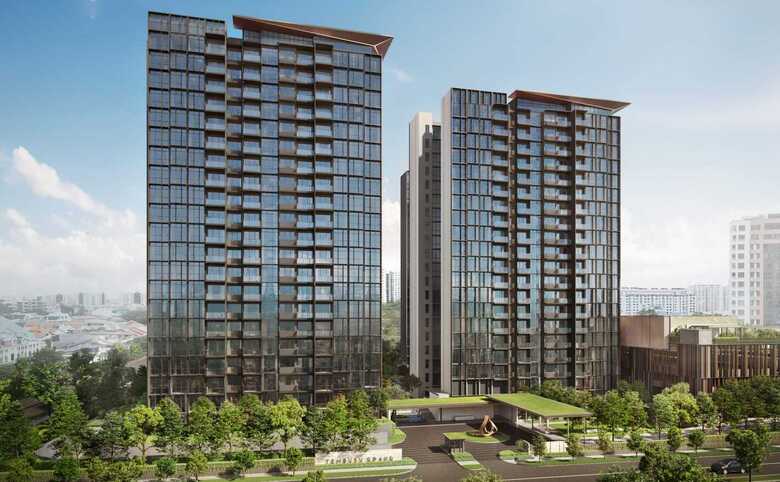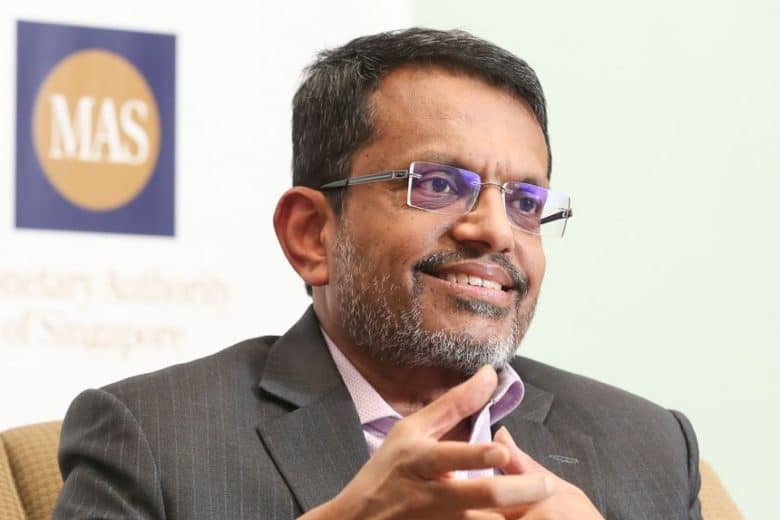
Tembusu Grand by CDL and Hongkong Land subsidiary MCL Land was among the new condos launched this month.
After housing costs rose by more than 11 percent in the last year, including a 3.2 percent jump in in the first quarter, Singapore regulators shocked the market late Wednesday with their strictest property cooling measures yet – including doubling stamp duties levied on home purchases by foreigners.
Starting from Thursday, the government has raised the additional buyer’s stamp duty (ABSD) for non-resident foreigners buying any residential property to 60 percent from 30 percent previously, while rates for home purchases made through entities and trusts have been raised to 65 percent from 35 percent, the state’s ministries of national development and finance, together with the Monetary Authority of Singapore, said in a joint announcement on Wednesday evening.
The authorities made clear that the measures, which raised taxes on home purchases by all but first-time buyers, are aimed at keeping housing costs in line with incomes, after earlier attempts at cooling the market failed to slow rising prices.
“Demand from locals purchasing homes for owner-occupation has been especially strong, and there has also been renewed interest from local and foreign investors,” the regulators said in their joint statement. “If left unchecked, prices could run ahead of economic fundamentals, with the risk of a sustained increase in prices relative to incomes.”
Waiting for More Homes
Beyond the hikes for foreign and corporate buyers, ABSD for Singapore citizens buying their second residential properties was also increased, albeit at a smaller increment of 300 basis points, to 20 percent.

Monetary Authority of Singapore chief Ravi Menon
A 30 percent stamp tax will be levied on third and subsequent home purchases, as well as on purchases of second homes by permanent residents, which is up from 25 percent previously. The stamp duty rates for first home purchases by Singapore citizens and permanent residents were left unchanged at 0 and 5 percent, respectively.
Property analysts expect the tax hike to slow private home sales and slow what has been a 27.9 percent increase in housing prices since 2020, while expressing hope that the new ABSD rates would be a temporary measure while the supply of new homes catches up with demand.
“It could be that the government intends to suppress price growth until such time as the upcoming supply of (public and private homes) catches up with housing demand in Singapore,” said Leonard Tay, research head of Knight Frank Singapore. “Should this be a holding measure, it is hoped that some of these ABSD rates can be and will be relaxed in the future, when supply and demand are once again in harmony.”
Regulators expect about 40,000 public and private homes will be completed this year, and another 100,000 units scheduled to be delivered by 2025.
Official statistics show that nearly 52,000 private homes were launched for sale by developers between 2018 and 2022. The volume of private homes launched for sale rose consistently each year from 2018 to 2021 at an average of 10,300 annually, before falling to around 4,500 last year.
Tempering Demand
The government expects the ABSD hikes to deter purchases of homes for investment purposes and to ensure some degree of affordability for both first-time homeowners and in the rental market.
In their statement, the regulators estimated that about 10 percent of overall residential property transactions, primarily purchases by non-resident foreigners and investors, will be affected by the new measures.
Wednesday’s announcement unveiled the fourth major set of property cooling measures imposed in five years, coming just seven months after authorities tightened lending rules for residential properties last September. Despite the series of restrictions, home prices rose for a 12th consecutive quarter during the first three months of this year.
The latest tax hike represents a “proactive approach” by regulators to ensure sustainable home price growth, said Catherine He, head of research at Colliers in Singapore.
“These measures would benefit genuine home buyers such as first-time buyers and owner occupiers,” He said. “The most immediate impact would be that sales volumes would fall, as the revised ABSD rates have made it prohibitive for investors and foreigners to buy.”
Following release of the ABSD hikes the property agency has slashed its forecast for home price growth in Singapore this year to 1 to 3 percent from 3 to 5 percent, previously.
Developer Shares Drop
While the 35 percent ABSD levied on developers was left untouched, Tay expects launch prices for new homes to remain high considering the cost of land for new projects.
“In the months ahead, developers will grow increasingly cautious and conservative when it comes to acquiring land,” Tay added, while noting that some developers may initially hold back from bidding to assess the impact of the latest cooling measures.
The unexpected tax hike jolted the stocks of some of Singapore’s biggest developers on Thursday. Shares at City Developments Ltd, the city’s largest non-government-backed developer, plunged 5.5 percent to close at S$6.91 each on Thursday, while UOL Group posted a 4.7 percent drop to S$6.95.
Shares in GuocoLand fell by as much 2.5 percent in the morning, before bouncing back near to their Wednesday levels at the end of the trading session.
The latest cooling measures came after a series of high end home purchases by foreign buyers made the headlines in Singapore, with a series of new home price records established in recent months.
Just over one week ago, Mingtiandi reported that a wealthy Indonesian family purchased three bungalows on Nassim Road for S$206.7 million (then $155 million) or $69 million per home, setting a new record high for the city’s billionaire’s row.
Leave a Reply